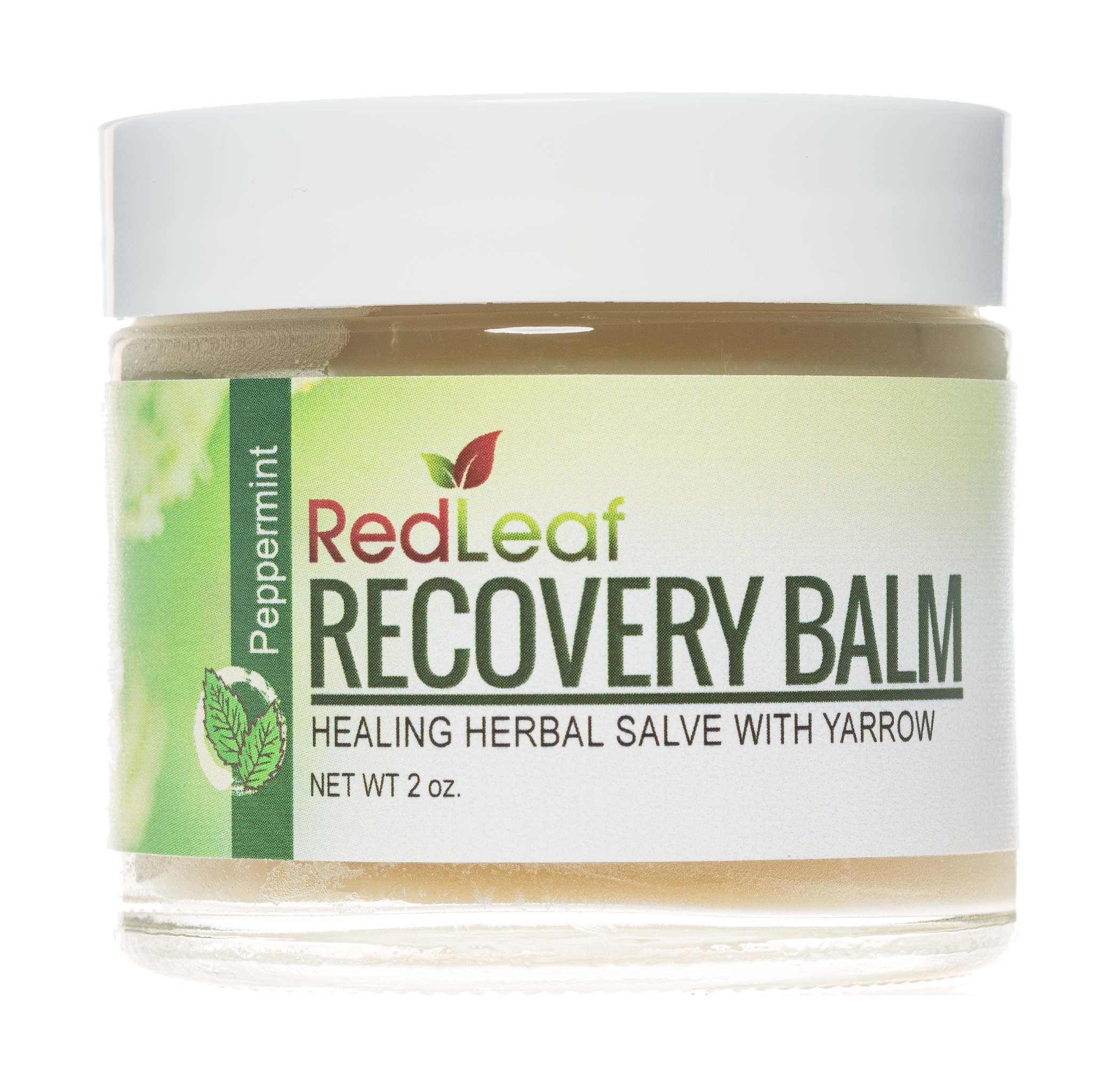If the thought of consuming fish in oil form makes you queasy, that’s understandable. However, it’s a common misconception that fish oil supplements taste just like…well …fish! But that isn’t the case with a high quality omega 3 supplement. There are many benefits of taking fish oil, so don’t let the flavor deter you from trying them.
Fish oil supplements might deserve a spot in your supplement stack, especially if you aren’t consuming enough omega-3 fatty acids through your diet alone. You can find a brief list of omega-3 rich foods by clicking on this article.
A high-quality fish oil supplement can be beneficial for:
- Skin health
- Hormone health
- Brain health
- Cardiovascular health
- Mental health conditions
- Reducing inflammation
- Boosting immunity
- Gastrointestinal health
Let’s take a deeper look at why you should incorporate a fish oil supplement into your daily routine.
What Is Fish Oil?
Fish oil is a dietary supplement extracted from the tissues of fatty fish. The most common fish that supplement companies use for fish oil include anchovies, mackerel, herring, or sardines. You can find fish oil in liquid or capsule form.
Fish oil is high in the long-chain omega-3 essential fatty acids eicosapentaenoic acid (EPA) and docosahexaenoic acid (DHA). These fatty acids are deemed “essential” due to their critical roles in your body. Despite society’s demonization of fats, you absolutely need them in your diet.
Fish oil may be more beneficial for you compared to plant-based omega-3 supplements considering a lot of humans have genetic variants that make it difficult to convert alpha-linolenic acid (ALA) into EPA and DHA. This is one reason Red Leaf formulates its Omega-3 Fish Oil supplement with fresh-caught fish as opposed to phytoplankton or other sea vegetables.
As previously mentioned, the research associates the EPA and DHA content in a fish oil supplement with a long list of benefits. The recommended dietary intake of fish is about eight ounces per week. If you’re not a fan of seafood or aren’t eating enough plant-based sources of omega-3s, taking a fish oil supplement could help fill in nutritional gaps.
Take a look at the following sections and see where fish oil could improve your quality of life or potentially remedy some of your health concerns.
Benefits of Fish Oil for Skin Health
Social media convinces us we need an in-depth skincare routine. Here’s the deal, you might be able to ditch that serum and nourish your skin from the inside out through omega-3 fish oil supplementation.
A medical review describes omega-3 polyunsaturated fatty acids as “photoprotective nutrients” due to the promising evidence of their ability to protect the skin from ultraviolet radiation (UVR) damage. Not only is omega-3 supplementation proven to prevent and reduce the extent of sunburns, but it also reduces clinical signs of photoaging! Signs of photoaging include sun spots, wrinkling, pigmentation changes, uneven skin texture, and loss of elasticity.
Due to its anti-inflammatory effects, omega-3 supplementation, either internally or topically, can prevent and remedy skin conditions such as eczema, dermatitis, and psoriasis. Omega-3 fish oil supplementation may also help these inflammatory skin conditions by improving skin barrier function and keeping moisture locked in.
Benefits of Fish Oil for Hormone Health
Because the omega-3 content in fish oil combats inflammation and serves as the starting point for making hormones, it may support hormone health. Research4 on the impact of omega-3 fatty acids and women’s health states supplementation with them may provide benefits through the following mechanisms:
- Serves as precursors to eicosanoids which prevent various diseases
- Addresses dysmenorrhea by balancing inflammation through the omega-3 to omega-6 ratio
- Lowers the risk of premature birth by supporting fetal growth and uterine blood flow
- Helps prevent post-partum depression
- Increases uterine blood flow which supports pregnancy
Ladies, it might be time to get your hands on a bottle of our omega-3 fish oil!
Benefits of Fish Oil for Brain Health
Did you know your brain is about 60% fat? This explains why researchers continue to see how crucial omega-3 fatty acids are for your brain’s integrity and cognitive abilities in studies.
An imbalance in dietary intake of fatty acids is associated with impaired brain performance, neuropsychiatric disorders, and other diseases. On the flip side, adequate consumption of omega-3s, such as through diet or fish oil supplementation, increases the following:
- Learning
- Memory
- Cognitive well-being
- Blood flow in the brain
DHA is the dominant fatty acid present in the brain so you want to make sure your fish oil supplement has an ideal amount such as that in Red Leaf’s Omega 3 Fish Oil.
Benefits of Fish Oil for Cardiovascular Health
Besides diet and lifestyle interventions, omega-3 supplementation can be beneficial for supporting your cardiovascular health!
One of the most documented benefits of omega-3 fish oil supplementation is its ability to lower triglycerides. Triglycerides refer to a type of fat in your blood.
After one month of treatment with omega-3 fatty acids, triglyceride levels can reduce by 25-50%! The exact mechanisms by which omega-3 fatty acids reduce triglyceride levels are still under investigation.
In addition to reducing triglyceride levels, omega-3 fatty acid supplementation can decrease blood pressure! In a double-blind and placebo-controlled study, participants taking daily doses of EPA and DHA demonstrated significant blood pressure reductions.
Considering cardiovascular disease is so pervasive, especially in the United States, reducing risk should be on everybody’s radar. Omega-3 fish oil supplementation is a very promising way for you to do this.
Benefits of Fish Oil for Mental Health
There’s no hiding that society is experiencing a collective mental health crisis for various reasons. Navigating a mental health condition can feel like stumbling around in the dark trying to turn the light back on. Although you should always consult with a doctor or a healthcare professional regarding mental health, there are things you can do outside of their office to support your journey.
Nutrition plays a crucial role in your brain and mental health. This is reflected in the fact that low levels of dietary omega-3 fatty acids are correlated with an increased risk for the development of various psychiatric disorders.
A meta-analysis of double-blind and placebo-controlled clinical trials concludes that omega-3 fatty acid supplementation has a beneficial effect on depressive symptoms. Although the exact mechanisms in which omega-3 fatty acids impact mental health are still being researched, their effect on inflammation levels, neuron membrane fluidity, and neurotransmitter receptor function are the top contenders.
Benefits of Fish Oil for Inflammation
Chronic inflammation is at the root of many diseases. One cause of inflammation is an improper balance in your omega-3 to omega-6 fatty acid ratio.
A higher dietary intake of omega-6 fatty acids leads to the production of inflammatory molecules called eicosanoids. Conversely, getting enough omega-3 fatty acids counteracts this potential cytokine storm by producing anti-inflammatory eicosanoids.
In a clinical trial, participants taking an omega-3 supplement for 12 weeks demonstrated a reduction in several cytokines such as interleukin-6 (IL-6) and tumor necrosis factor-alpha (TNF-𝛼). Cytokines refer to signaling proteins that control inflammation in the body.
Omega-3’s anti-inflammatory properties could even benefit your exercise recovery! Although we still need more robust research in this area, a study shows that varying dosages of fish oil can reduce muscle soreness and inflammation following a hard workout.
For the ultimate pre- and post-workout supplement stack you could take Red Leaf’s pre-workout and omega-3 supplement.
Benefits of Fish Oil for Immunity
We rely on our immune system to protect us from invaders such as viruses, bacteria, and allergens. A healthy diet and lifestyle are crucial for supporting a healthy immune response. However, recent research shines a spotlight on certain supplements that can also play an important role in your immune defenses.
I bet you can guess what one of these supplements is….. omega-3s!
Omega-3 fatty acids support the immune system in several ways such as by contributing to the fluidity of immune cell membranes and improving the function of immune cells. Omega-3s can improve the function and regulation of the following types of immune cells:
- Macrophages
- Cytokines
- Neutrophils
- T-cells
- B-cells
- Natural Killer Cells (NK)
- Mast cells
- Basophils
- Eosinophils
Benefits of Fish Oil for Gastrointestinal Health
Gut health continues to take up conversation space in the field of Integrative Medicine. Rightfully so considering it affects every major organ system in your body. Besides eating a plant-rich diet and reducing stress levels, a lesser-known intervention to improve gut health is omega-3s.
Omega-3s may play a role in preventing and remedying inflammatory bowel disorders by converting the balance of different bacteria in your microbiome to more favorable ratios. Omega-3 consumption also increases the production of anti-inflammatory short-chain fatty acids in your gastrointestinal tract.
Due to their anti-inflammatory properties and the mechanisms described above, scientists say omega-3s may be helpful for irritable bowel disease (IBD). We still need more research in this area.
Could Fish Oil Benefit You?
*Alexa can you change the song to “I Feel Good” by James Brown?*
On a serious note, if anything from fish oil/omega-3’s long list of benefits sparked your interest, consider doing more research and adding it to your daily routine! A high-quality omega-3 supplement could positively impact your overall well-being, especially if you’re not getting enough through food. I don’t know about you, but seafood isn’t usually on my weekly menu unless I force myself to put it there.
If you’re a seafood lover and find yourself regularly gulping down sardines, more power to you. You’re probably feeling good like James Brown.
Adding a dietary supplement to your daily routine can spark some questions. We’ve included a breakdown of some of the most frequently asked questions regarding our omega-3 supplement down below!
Omega-3 Supplement FAQs
“How Much EPA and DHA Are in Your Omega-3 Supplement?”
Our fish oil supplement packs 800 mg of EPA and 600 mg of DHA. This dose meets and even exceeds the recommended dietary intake of each.
“Where Do You Source Your Fish Oil From?”
We source our fish oil from fresh-caught fish in South America. Like all of our supplements, our fish oil is manufactured in a current Good Manufacturing Practices (cGMP) compliant facility.
“Does Your Fish Oil Supplement Have a Fishy Taste or Smell?”
Nope! A high-quality fish oil supplement should never have an overbearing fishy taste or smell as this could indicate rancidity. No plugging your nose or chugging water just to get it down. Several customers report you don’t have to worry about fishy burps!
“How Should I Take Your Fish Oil Supplement?”
You should take two soft gels daily with a meal!
Disclaimer: You should always consult with your doctor or a healthcare professional before adding any dietary supplement to your routine.










